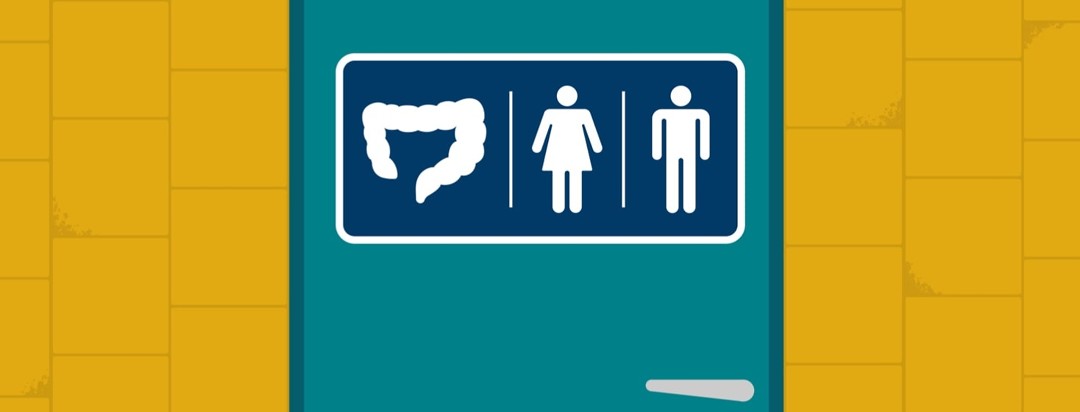Public Bathrooms
We’ve all had our public bathroom horror stories. One that came to mind, recently, was a few years ago, when I was using the bathroom at an ancient diner in Long Island City. The ceiling was falling apart, the tables looked Paleolithic, the floors were dirty.
Anyway, I was in the dilapidated bathroom, taking care of business, which, given my Crohn’s, can be quite the ordeal, when I heard a loud banging on the door. A shrill woman’s voice echoed. “Excuse me,” she said in broken English, “it’s an emergency.”
“I’m in here,” I replied while sitting on a toilet seat covered in paper and continuing to answer the call of nature. Suddenly, I heard more banging and what amounted to her screaming in slightly broken English: “Excuse me! It’s an emergency.” Soon the banging became even more hysterical. “It’s really an EMERGENCY,” she continued.
In our culture men are taught, rightfully so, that women get priority. In most instances this makes sense. But this was probably one of the few exceptions.
Needing the bathroom in the middle of a Crohn's flare
First, because she was banging on the door to the men’s bathroom—where she didn’t really belong—emergency or not—and second because I have Crohn’s disease and was in the middle of an attack.
In other words, given that I was having a flare, I was having an emergency as well. I wanted to bang back on the door and scream “Your emergency is gonna have to wait. Deal with it.” But I doubted, given the language barrier, and her mental state, that she would have been particularly sympathetic.
Explaining Crohn's to others when we need the bathroom
I suppose I could have tried to explain the symptoms I get with Crohn’s disease so she could get why I was taking so long, but it’s a complex condition and difficult to do so under duress. Was I really going to describe the intricacies of an auto-immune condition to a frantic woman who seemed desperate to use the toilet I was on?
And so, even though I was in the midst of my own Homeric struggle to use the bathroom (while suffering from strictures), I didn’t feel I had a right to stay on that toilet. It felt a violation of her rights instead of the other way around.
Part of this is because Crohn’s is not really a widely known illness—and is hence often incredibly difficult for non-sufferers to understand. It’s an invisible illness, a series of agonies that are in no way self-evident. I wish that wasn’t the case because then this woman would have known I was having my own emergency after I told her I had Crohn’s and not freaked out on me. But it was and I felt I had no choice but to do my best to cope.
Waiting in pain for the bathroom
Hence, I quickly exited the bathroom. Mind you, this was before finishing my business, and while in tremendous stomach pain. I barely managed to hold in my own emergency, while I waited, for quite some time, to get back in the bathroom. The whole experience was pretty harrowing.
Helping others to understand Crohn's disease
What’s the takeaway from all this? Crohn’s is serious and I probably should have done a better job asserting myself when having an emergency around the bathroom. Secondly, the experience showed me that, more generally speaking, we need to do a better job raising awareness about IBD, so that non-sufferers can better understand what we endure.
It is my hope that this year we continue to work together to make this condition more visible. This was the reason I created a Crohn’s rap video that was played at an event at The Garden City Hotel last month through the Crohn’s And Colitis Foundation. It is also why I decided to become a Crohn’s advocate for this site. By engaging in these types of activities, by trying to raise awareness, I am hoping that non-sufferers will be more likely to treat me—and those like me—with the respect and dignity we deserve.
Thank you for reading. I hope this post was of some help to you. If you have any feedback, feel free to comment or to reach out to me at your convenience.

Join the conversation